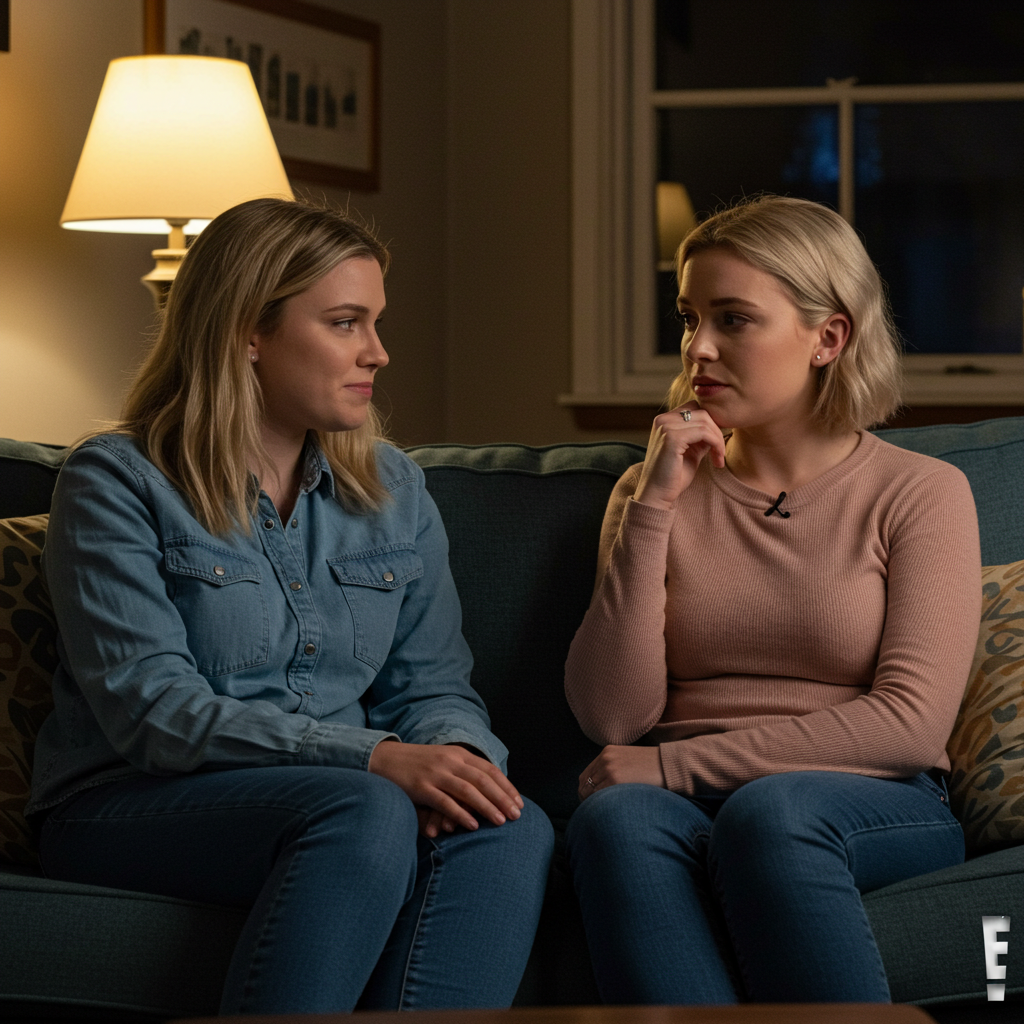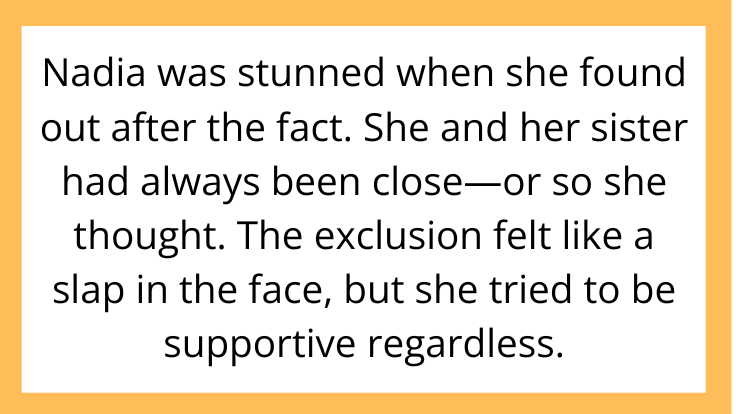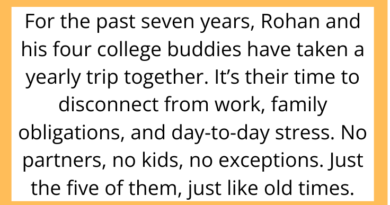AITAH for Refusing to Pay for My Sister’s Wedding After She Eloped Without Inviting Me?
When it comes to family obligations, emotions can run high—especially around weddings. Today’s AITAH scenario dives into a heated conflict that has split opinions online: Should you financially support a sibling’s big day if you weren’t even invited to witness the first one?
Let’s unpack this complex situation.
The Background: A Surprise Elopement

The story comes from a 32-year-old woman we’ll call Nadia. She shared on r/AITAH that her younger sister, 28, recently eloped with her longtime boyfriend. The elopement wasn’t a spur-of-the-moment decision; it was carefully planned, and only a handful of the groom’s family members were invited.
Nadia was stunned when she found out after the fact. She and her sister had always been close—or so she thought. The exclusion felt like a slap in the face, but she tried to be supportive regardless.
Fast forward eight months, and her sister now wants to host a lavish wedding reception to celebrate with extended family and friends. The catch? She’s expecting Nadia to pay for it.
Nadia Draws the Line

Nadia explained that she and her husband are financially comfortable. In the past, she had offered to help with wedding expenses if her sister ever needed it. But after the secret wedding, she no longer felt the same sense of responsibility or enthusiasm.
“When I wasn’t even invited to her real wedding, I don’t see why I should fund her party now,” she wrote in her post. “It feels like she wants the gifts and the celebration but didn’t care enough to include me in the commitment itself.”
Her sister’s reaction was explosive. She accused Nadia of being petty and unsupportive, claiming that Nadia had promised to help with the wedding no matter what. Other family members have chimed in, saying Nadia should “get over it” and contribute because “family helps family.”
The Case for Nadia: Boundaries and Respect

Many Reddit users immediately sided with Nadia. Here’s why:
-
Respect is mutual. If her sister chose not to include her in the most important moment, she can’t expect full support after the fact.
-
Promises have context. Nadia’s offer to help was based on the assumption she’d be part of the celebration.
-
Financial contributions are gifts, not obligations. Just because you have money doesn’t mean you owe it to anyone.
One commenter summed it up perfectly: “Your sister wanted all the benefits of eloping—no guests, no drama—and now she wants all the benefits of a traditional wedding—gifts, money, attention. She can’t have it both ways.”
The Case for the Sister: A Different Perspective

Still, some users argued in the sister’s defense:
-
Eloping doesn’t mean you don’t care. Many couples elope to avoid stress or save money.
-
The reception is for everyone else. A later party gives family and friends a chance to celebrate together.
-
Promises should be kept. If Nadia offered to pay, it’s understandable her sister feels hurt by the change of heart.
Others pointed out that sometimes people elope to avoid difficult family dynamics—and that the reception is the real event for many loved ones.
The Bigger Question: What Do You Owe Family?

This situation highlights a larger issue: Where is the line between generosity and self-respect?
Family ties can create powerful expectations. But healthy relationships require reciprocity and consideration. If someone repeatedly dismisses your feelings or excludes you, you have every right to step back.
How Could This Have Been Handled Differently?

Here are a few ways both sisters could have approached this:
For Nadia:
-
Clarify that her offer to help was contingent on being included.
-
Express her feelings without accusations or ultimatums.
-
Offer a smaller, symbolic contribution if she wants to maintain goodwill.
For Her Sister:
-
Acknowledge that eloping hurt Nadia.
-
Avoid assuming financial help is guaranteed.
-
Focus on rebuilding trust rather than guilt-tripping.
What Does Reddit Think?

After thousands of comments, the consensus was clear: Nadia is not the villain.
“You’re not refusing to help because you’re petty,” one commenter wrote. “You’re refusing to help because you were excluded and treated like an afterthought.”
Others agreed that her sister’s demand feels entitled and disrespectful.
Takeaway: Generosity Should Never Be Compulsory

Whether it’s a wedding, a business venture, or any other life milestone, helping family should come from a place of love—not obligation or guilt.
Nadia’s story is a reminder that you are allowed to set boundaries, even with the people closest to you. If your generosity isn’t reciprocated with respect, it’s okay to say no



